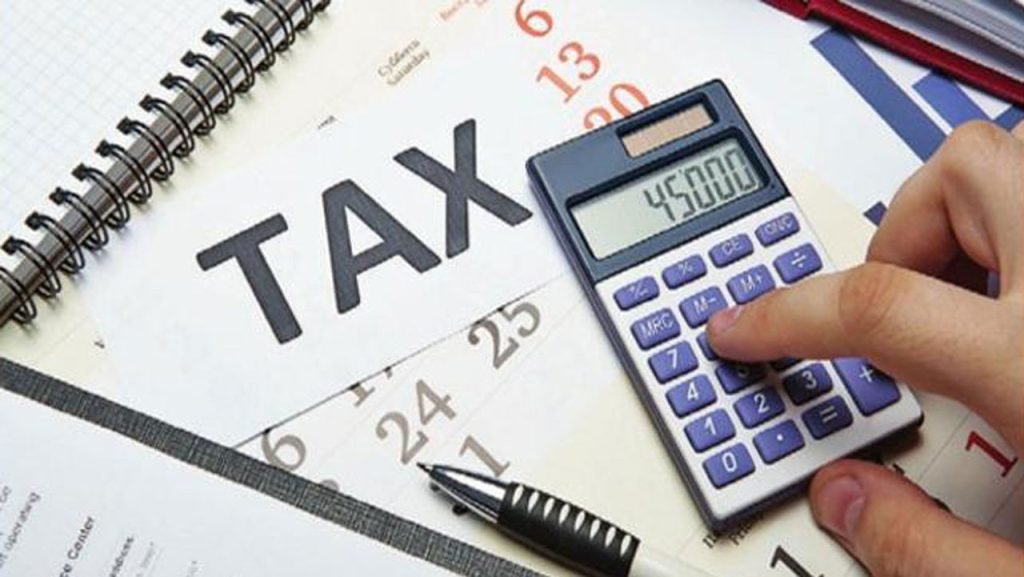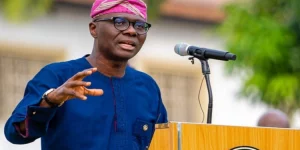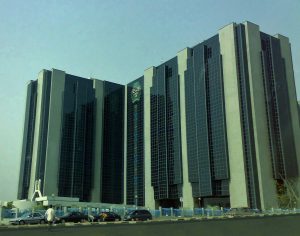
Stakeholders have described Nigeria’s recently enacted tax reforms as a landmark step toward reshaping the country’s fiscal and business landscape, but cautioned that their success will depend on robust implementation and close cooperation between government and the private sector.
At the Lagos Chamber of Commerce and Industry (LCCI) Stakeholders’ Forum on Emerging Tax Matters yesterday, the Executive Chairman of the Lagos State Internal Revenue Service (LIRS), Ayodele Subair, said the signing of four new tax laws by President Bola Ahmed Tinubu marked a turning point for fiscal policy and an opportunity to simplify Nigeria’s historically complex tax environment.
The new laws — the Nigeria Tax Act 2025, Nigeria Tax Administration Act 2025, Nigeria Revenue Service Act 2025, and the Joint Revenue Board Act 2025 — aim to streamline procedures, reduce multiple taxation, and strengthen digital systems for registration, filing, and payment.
Subair emphasised that Lagos, which contributes over 30 per cent of national GDP, has a responsibility to demonstrate how efficient tax administration can promote growth and sustain public confidence. He noted that the laws also expand investigative powers and impose stiffer penalties for non-compliance while enhancing taxpayer rights. The upgraded Tax Appeal Tribunal and the new Office of the Tax Ombud, he added, will ensure quicker dispute resolution, faster refunds, and improved whistleblower protections.
He pledged that LIRS would focus on transparency, stakeholder engagement, and user-friendly platforms to ensure a smooth transition for taxpayers.
Echoing his remarks, the Federal Inland Revenue Service (FIRS) said the reforms will create a friendlier compliance environment, strengthen voluntary adherence, and close loopholes for evasion. Dr. Zacchaeus Adediji, FIRS Executive Chairman, represented by Stella Okahbuzor, Acting Director, Large Taxpayers Department (Oil and Gas), said the package introduces simplified filing rules, consolidated deadlines, reduced income tax rates for small businesses, and incentives for sectors such as agriculture, oil and gas, manufacturing, and technology.
Adediji added that the measures are designed to attract investment, spur small business growth, and support poverty reduction, noting that nationwide taxpayer education will precede the regime’s rollout in January 2026.
In his welcome address, LCCI President Gabriel Idahosa, represented by Deputy President Leye Kupoluyi, described taxation as a vital link between the state and its citizens. He said the Nigeria Tax Reform Act 2025, regarded as the most comprehensive overhaul in more than a decade, presents an opportunity to enhance competitiveness — provided it is executed transparently and collaboratively.
Idahosa acknowledged ongoing progress in digitising compliance and harmonising tax identification numbers but stressed that reforms must translate into tangible benefits for taxpayers. He urged policymakers to ensure that the changes ease business operations, stimulate industrialisation, create jobs, and accelerate economic diversification.
The consensus at the forum was clear: Nigeria’s ambitious tax reforms could unlock fresh opportunities for businesses and investors, but only if authorities deliver on their promise of a simpler, fairer, and more growth-friendly tax system.





